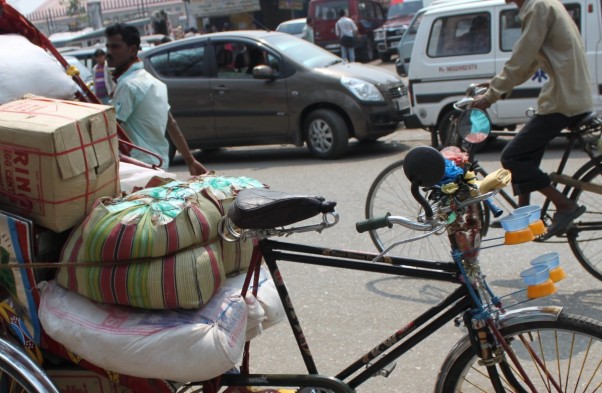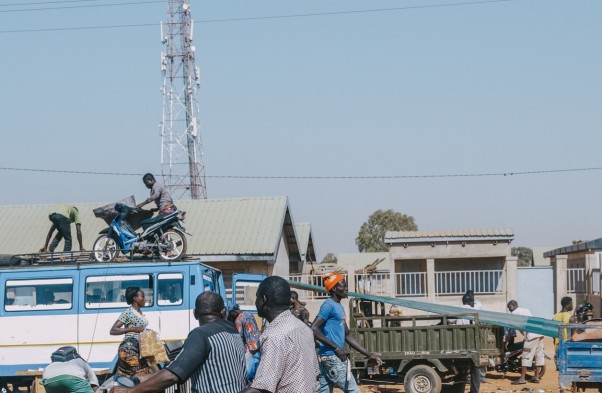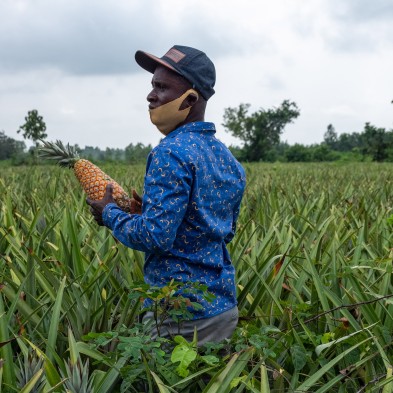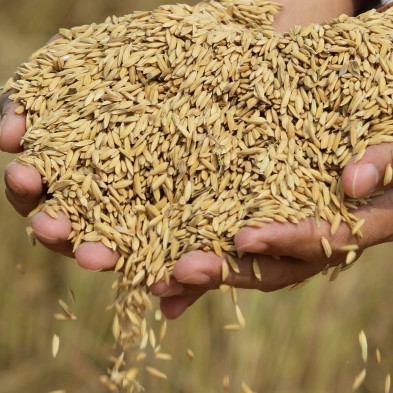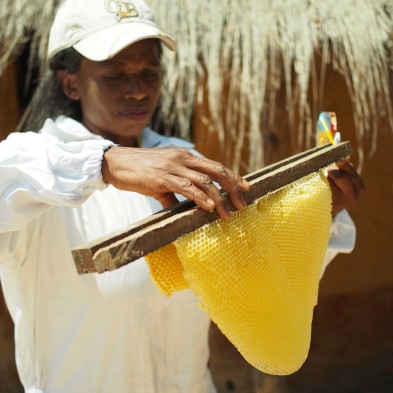
In Bangladesh, EIF is working with the government and the public and private sector to support the country's trade efforts and to enhance export competitiveness. The EIF partnership offers a platform for local officials and development partners to discuss trade, as well as providing a coordination forum to prioritize trade in policy and practice.
EIF is assisting to produce the analytical work necessary to support sectoral strategies, including in leather, fisheries and agriculture.

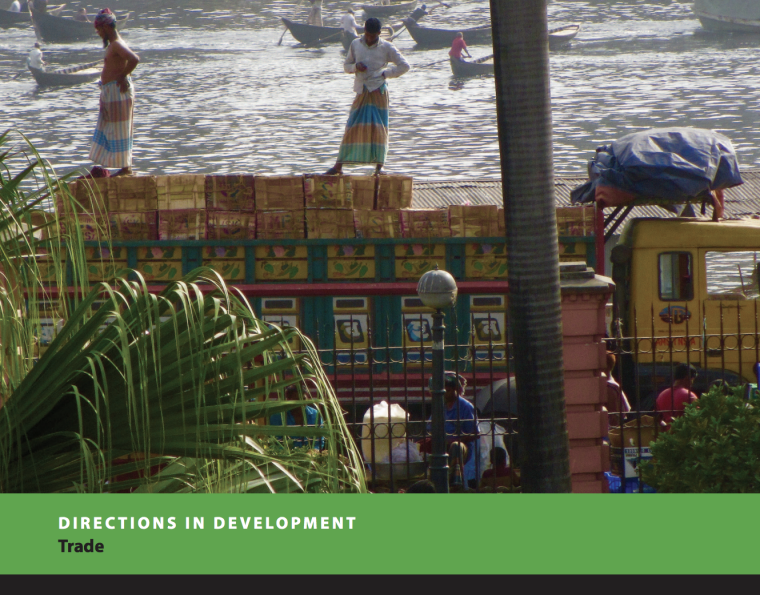
Trade integration: Bangladesh’s Trade Roadmap for Sustainable Graduation (DTIS Update) was validated in May 2023. 12 sector strategies have been produced in view of the challenges and opportunities that Bangladesh will face when graduating from the LDC status in 2026.
The Bangladesh Economic Growth Programme to strengthen the leather and fisheries sector was finalized as part of sector-specific strategies.
A study of the export potential of trade in services from Bangladesh was completed, and a roadmap prepared for the development of food-related agricultural products and the food processing industry.
Trade institutional capacity-building: Through EIF support, more than 1,500 people have been trained since 2016 on WTO-related issues and particularly agriculture negotiation, dispute settlement, e-commerce, trade facilitation, trade in services, and other WTO agreements. This includes participants from the Government, the private sector, academia, and NGOs. Thanks to the trainings, Bangladesh has been able to use local experts in recent dispute settlement cases with India.
Export competitiveness:
- Food processing: To combat food waste, particularly concerning fruits like jackfruit, trainings were undertaken to promote value addition. This approach serves three key purposes: mitigating seasonal gaps in the availability of processed fruits, contributing to food security, and harnessing the potential of unripe yet edible fruits often affected by natural calamities.
Notable achievements include the organization of training sessions, involving a total of 600 participants, with student representing 64.5% and women about 49%.
Furthermore, in view of Bangladesh’s impending LDC graduation in 2026 and its implications on trade in agriculture, a capacity-building program was initiated in collaboration with BFTI: a total of 240 participants representing the government and private sector were trained on the implications of LDC graduation on the agriculture sector; WTO negotiations on agriculture, implications of WTO agreements on agriculture, and WTO accession and notification procedure.
- Garment industry: Bangladesh now has a clear strategy to diversify the garment sector and move up the value chain ladder in the face of preference erosion. On 18 November 2022, the Bangladesh Garment Manufacturers and Exporters Association (BGMEA) launched its Centre of Innovation, Efficiency and Occupational Safety with the support of the EIF and other partners. The Centre will act as a knowledge hub for advanced technology, including Industry 4.0, global best business practices in the apparel sector and the latest trends of the global fashion industry. Through the project 160 stakeholders have been trained in the new Innovation Center.
- Active Pharmaceutical Ingredients (API): 4 awareness and foster knowledge-sharing workshops were organised for 70 stakeholders of the API industry.
Facilitating cross-border paperless trade: The regional project implemented by UNESCAP intended to improve the capacity of Bangladesh (along with Bhutan, Nepal and Timor-Leste), to develop voluntary trade facilitation and paperless trade action plans to remove bottlenecks and promote cross-border electronic commerce. The project focused on developing action plans via national studies and consultations, followed by a regional workshop to disseminate lessons learned, and also establish an online capacity-building platform.
EIF is working to strengthen national institutional capacity and develop human resources to prioiritize trade in Bangladesh's development planning.
Results:
- Linked trade analytics to Bangladesh's Comprehensive Trade Policy, developed with the support of the European Union and used to guide the Government and donors on trade policy implementation.
- Diagnostic Trade Integration Study serving as basis in prioritizing trade in overall development strategy and at relevant ministries.
- Study on the export potential of trade in services from Bangladesh completed, and roadmap prepared on the development of food-related agricultural products and the food processing industry.
- Bangladesh Economic Growth Programme to strengthen the leather and fisheries sector finalised as part of sector-specific strategies.
EIF is supporting Bangladesh's export diversification and the creation of skilled jobs, including in the sectors of ready-made garments and jute, the pharmaceutical industry and high quality agro-processed food.

